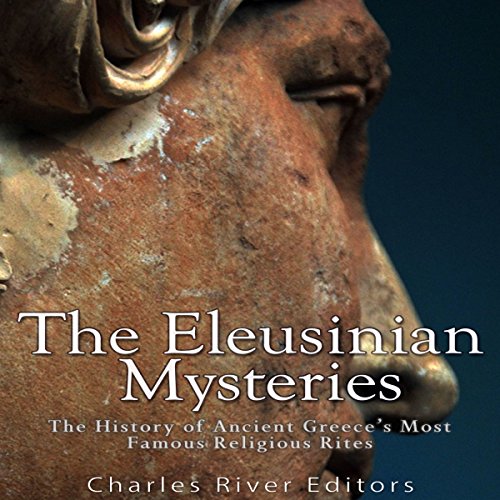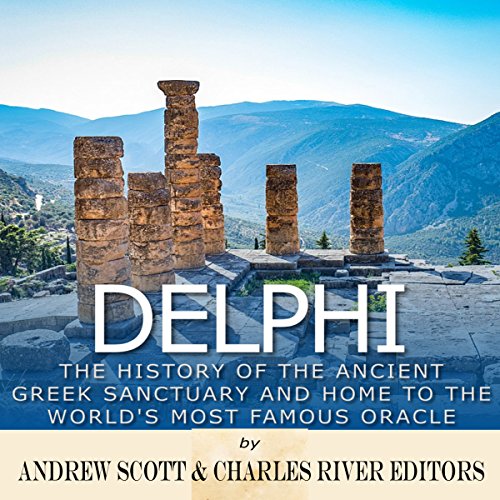The Ancient Athenian Navy: The History and Legacy of Greece's Dominant Naval Force in Antiquity
ISBN: 9781093657487
*Includes pictures
*Includes ancient accounts
*Includes online resources and a bibliography for further reading
*Includes a table of contents
“Forward, sons of the Greeks,
Liberate the fatherland,
Liberate your children, your women,
The altars of the gods of your fathers,
And the graves of your ancestors:
Now is the fight for everything.” – The Greek battle hymn sung before the Battle of Salamis according to Aeschylus
Dominated to this day by the sprawling white marble complex of the Acropolis, Athens is a city which is immensely and rightly proud of its past. For a period of roughly three centuries, the polis of Athens stood, if not in a position of unchallenged supremacy among the cities of Hellas, then at the very least among its three most important polities. Its fledgling empire, though small by the standards later set by Alexander or the Romans, or even by those of its ancient enemy Persia, nonetheless encompassed cities as far afield as Asia Minor and Southern Italy, a remarkable fact considering such expansion was achieved by the inhabitants of a single city and its immediate surroundings, rather than by an entire nation.
*Includes ancient accounts
*Includes online resources and a bibliography for further reading
*Includes a table of contents
“Forward, sons of the Greeks,
Liberate the fatherland,
Liberate your children, your women,
The altars of the gods of your fathers,
And the graves of your ancestors:
Now is the fight for everything.” – The Greek battle hymn sung before the Battle of Salamis according to Aeschylus
Dominated to this day by the sprawling white marble complex of the Acropolis, Athens is a city which is immensely and rightly proud of its past. For a period of roughly three centuries, the polis of Athens stood, if not in a position of unchallenged supremacy among the cities of Hellas, then at the very least among its three most important polities. Its fledgling empire, though small by the standards later set by Alexander or the Romans, or even by those of its ancient enemy Persia, nonetheless encompassed cities as far afield as Asia Minor and Southern Italy, a remarkable fact considering such expansion was achieved by the inhabitants of a single city and its immediate surroundings, rather than by an entire nation.













